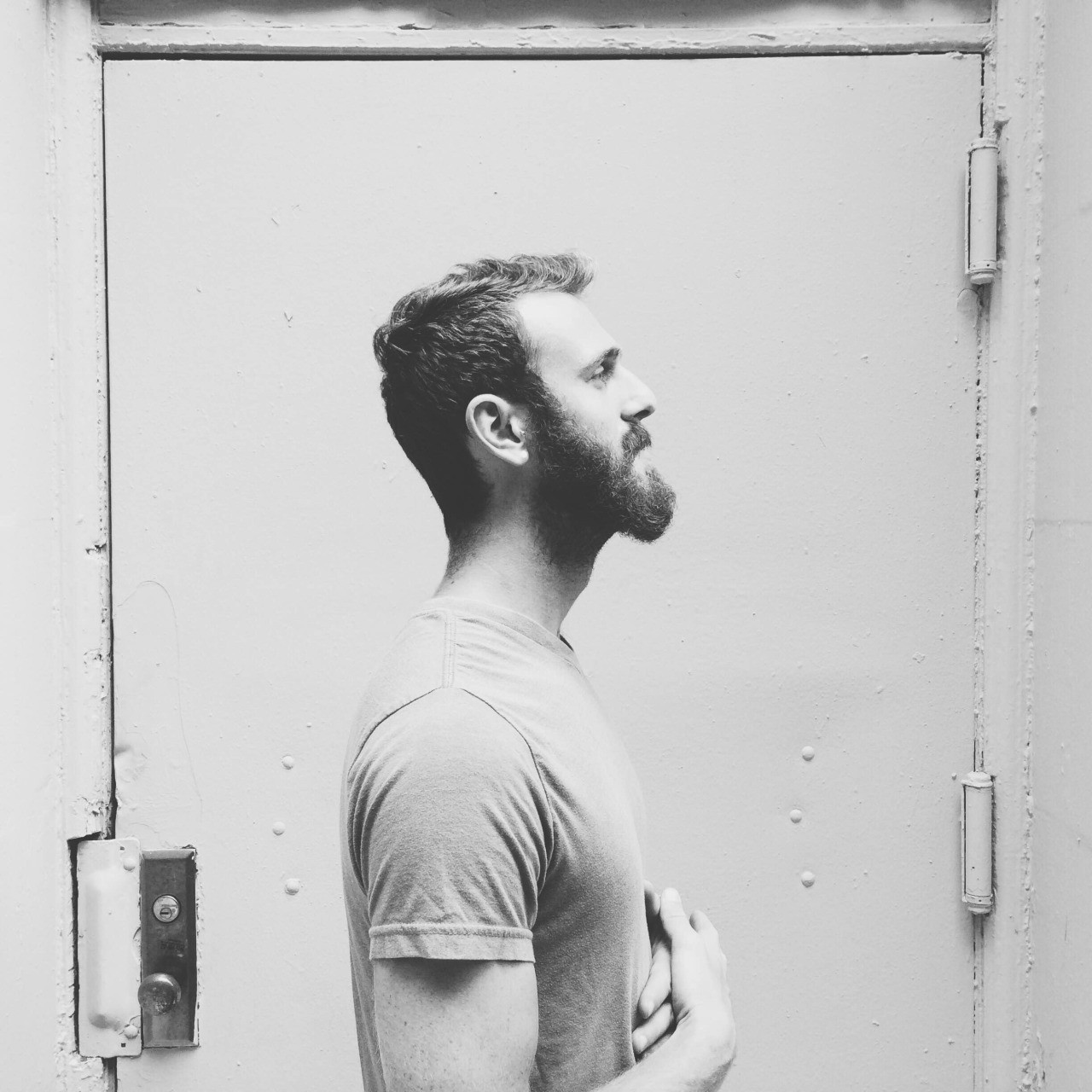
“Why are you frightened?” [Jesus] asked. “Why do you doubt who I am? Look at my hands. Look at my feet. You can see that it’s really me.” . . . Still they stood there doubting, filled with joy and wonder. (Luke 24: 38-39,41, NLT)
Doubt is often viewed as an enemy, as something to be afraid of, as a sign that one’s faith is almost finished.
Here, the disciples were sure their faith was finished. Jesus was dead. Judas, one of their own, had betrayed them all. They’d been in the middle of the torch-carrying mob that came to take him away. They’d seen the veins popping on people’s faces as they screamed for him to be killed. So they huddled together in a locked room, terrified the Jewish leaders would go after them next.
And, given their history, probably arguing about the things Jesus had said that they didn’t get at the time, and understood even less now that he was dead.
When the verses above occur, the disciples had already heard from Mary Magdalene and the other women that Jesus was alive, “but the story sounded like nonsense, so they didn’t believe it” (Luke 24:11, NLT). Peter and John had rushed to the tomb and seen the empty linen wrappings, but didn’t know what to make of it. They were in the middle of hearing from the two men from Emmaus about Jesus walking and talking and eating with them, when Jesus appeared.
In the locked room.
Yet he wasn’t a ghost.
“Touch me and make sure that I am not a ghost, because ghosts don’t have bodies, as you see that I do!” (Luke 24:39, NLT)
This was beyond what they could have imagined, even after spending three years with Jesus and watching him do the unimaginable. So they doubted that it was really him, that he was really alive — even while they knew it was really him, so they were filled with joy and wonder.
Doubt. Disbelief. Joy. Wonder.
All mixed up in one tangled mess.
These people knew Jesus best. They had the advantage of having him with them, answering their questions, explaining his stories. They were often confused. They got it wrong all the time. But Jesus blessed them, loved them, empowered them.




although doubt can be a fearful thing for me, it has played a role in congealing my faith – when I haven’t run from it. It’s a tension I’m learning to embrace.